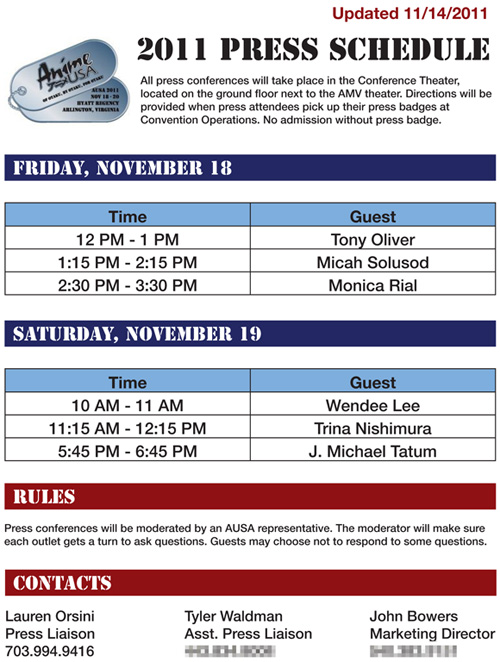What else did I expect from the director of Revolutionary Girl Utena? I’m on episode 15 of Mawaru PenguinDrum and I can safely say that this is really, really weird. However, it’s also very engaging. As a result, I sound like I’m psychotic when I try to recommend the show to my friends:
“Guys, there’s this great show you have to check out. It’s like if Eden of the East had turned out better. Also, trippier. And there’s this dying girl, Himari, who’s possessed by a stuffed penguin hat. There’s also a crazy stalker, but she’s a protagonist, not a psycho. And incest, but don’t worry about it. Guys? Guys!”
Anyway, I watch this show to relax but I keep getting hung up by the particulars. It’s almost like watching The Matrix in that every little detail seems to be there for a reason. I’m convinced that the whole show has some underlying message about the Beatles: there’s a character named Ringo (I know that means “apple” in Japanese, but I’m not convinced there isn’t a double meaning), and for some reason, whenever Himari is possessed by the penguin hat (see above), she yells, “IMAGINE!” When I googled this, the Mawaru PenguinDrum wiki found about ten other ties to the Beatles.
But in spite of all these WTF moments, I’ve never doubted the course of the plot. Mawaru PenguinDrum takes place in one mixed up universe, but it’s a universe that’s seamlessly assembled. Invisible penguins that do chores and can only be seen by Himari and her family? Sounds legit. A hospital corridor filled with gifts from character’s ex girlfriend? It could happen. As my friend Andrew would say, (this guy speaks purely in aphorisms), this is just one of those shows for which you have to turn off your bullshit sensor first. And after that, just enjoy the ride.
Watch with me: Unfortunately, Mawaru PenguinDrum has not been licensed… yet. You’ll need to watch it streaming or get a torrent.






